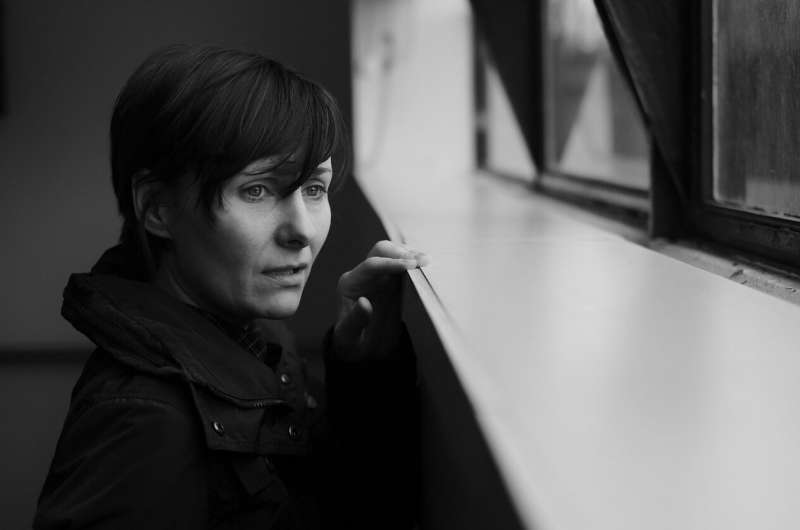
New research has highlighted the difficulties and distress people experienced when trying to get support after the death of a loved one during the pandemic, with more than half of people (51%) experiencing high or severe vulnerability in their grief and those seeking support facing long waiting lists or being told they are ineligible.
A survey, carried out by Cardiff University’s Marie Curie Palliative Care Research Centre and the University of Bristol, found that of bereaved people demonstrating high or severe levels of vulnerability, three quarters (74%) were not accessing formal bereavement services or mental health support.
The majority of people seeking help with their grief said they had struggled to access bereavement services. Of the 40% who tried to get support, just over half experienced difficulties such as long waiting lists, ineligibility or a lack of appropriate support.
People also reported discomfort asking for help and were unsure how to access services.
The pre-print publication of the results, on the MedRxiv website, coincides with a virtual panel event this afternoon to announce the launch of a new UK Commission on Bereavement. This preliminary data is an analysis of the responses of 711 respondents which has not yet been peer reviewed or published in a journal.
In the first U.K.-wide survey of its kind, the results also showed:
- Four in 10 participants (39%) reported difficulties in getting support from friends and family;
- With reduced social contact and the wider social difficulties of the pandemic, a quarter of people (25%) reported that their friends or family were unable to support them in the way that they wanted;
- One in five (19%) reported feeling uncomfortable asking for help.
The study found the pandemic had a major impact on the quality of support for the bereaved and disrupted collective mourning practices which people said compounded feelings of isolation.
Dr. Emily Harrop, from the Marie Curie Palliative Care Research Centre based at Cardiff University, said: “It is incredibly upsetting to know that even when people did reach out to access support they desperately needed, they still faced difficulties such as long waiting lists or being told they are ineligible. We really need politicians and policy-makers to take a thorough look at how we can make changes to support people both before and after a death in the future.
“The survey results show that many people faced significant challenges in dealing with bereavement during the pandemic and highlights that more awareness of support options, information on grief and bereavement services should be provided proactively following a death and made available online and in the community.”
Sarah Candlish, 47, experienced the death of her husband (Simon) and mother (Ethel) in the first wave of the pandemic. Her mother was admitted to hospital with COVID-19 and died alone whereas her partner Simon, had stage three bladder cancer and died at home with the support of Marie Curie Nurses and Sarah at his side.
“There wasn’t any processing of the grief. I spoke to friends over text and the phone, but there wasn’t any cuddling or face-to-face conversations. There wasn’t the physical presence of people which has delayed my grief. It’s been a year now and I feel stuck,” she said.
“For people dealing with grief now, there needs to be quicker access to services. The waits are too long and there needs to be more literature. You need to be handed something with everything in, with all the signposting to the different services.”
Source: Read Full Article